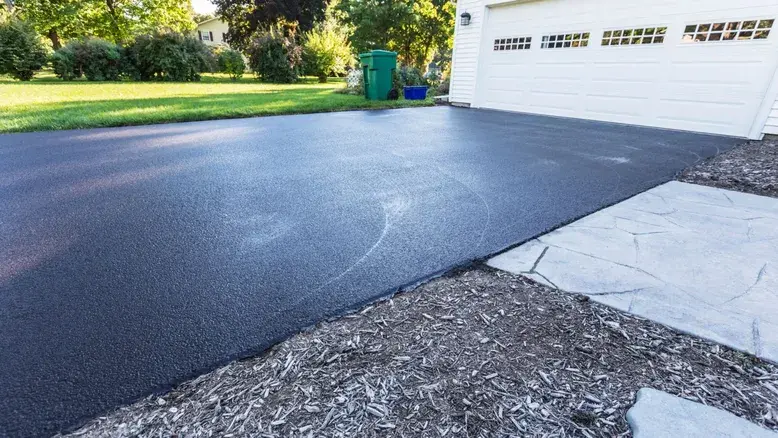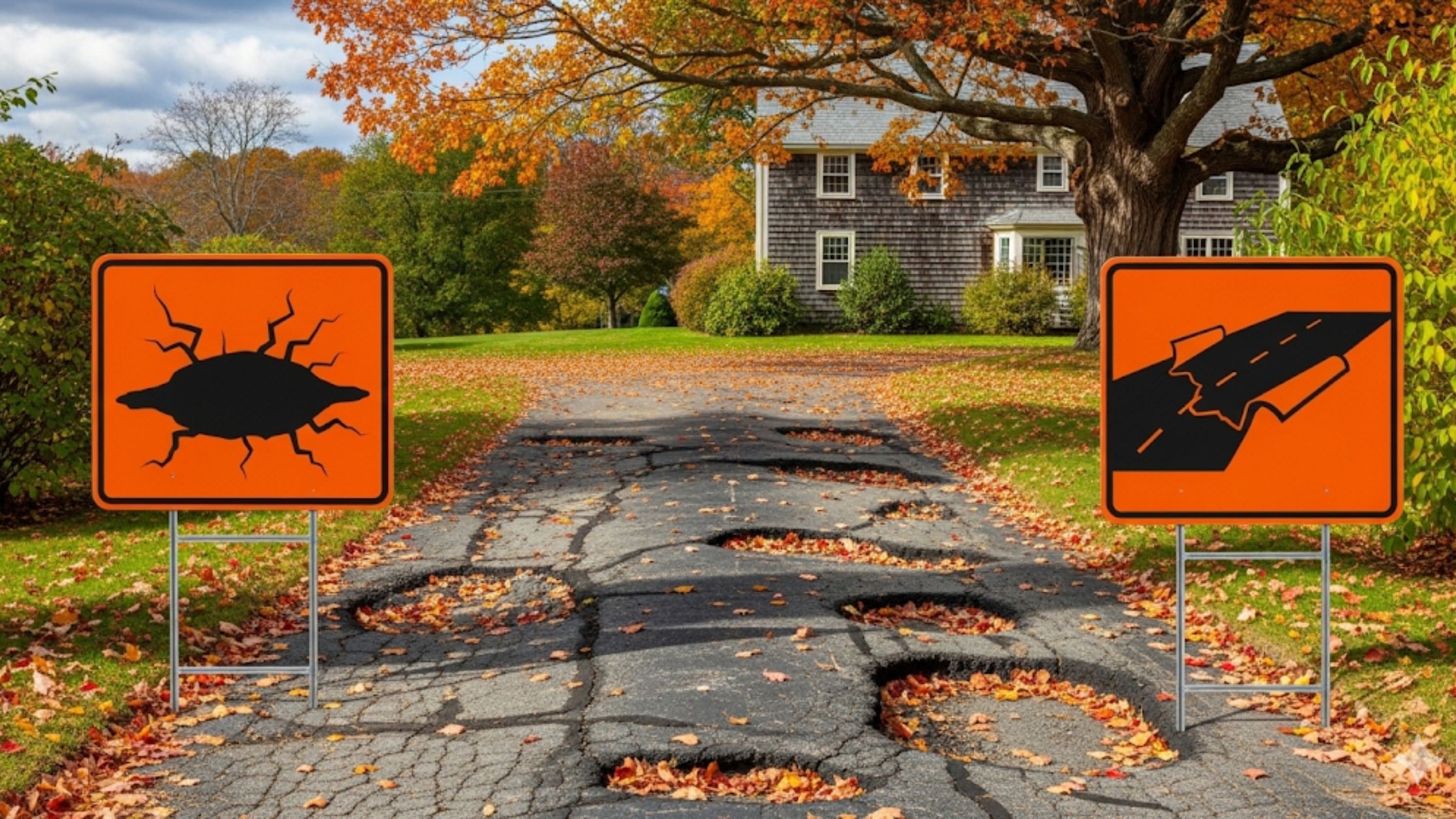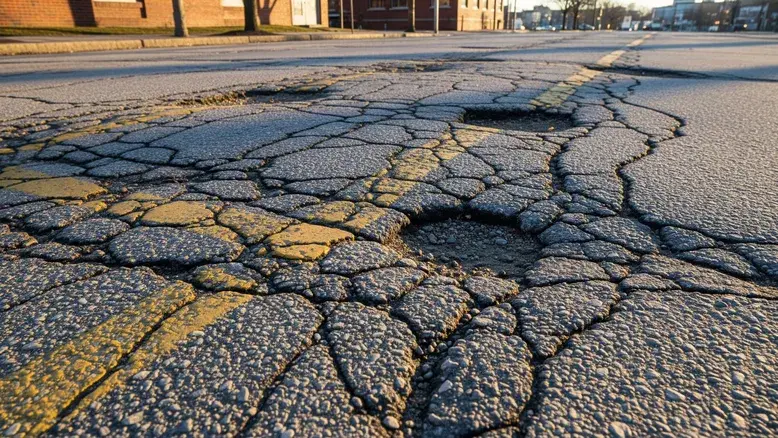Maintaining an asphalt driveway in Massachusetts requires more than occasional sweeping and crack filling. With the region’s harsh winters, freeze-thaw cycles, and heavy precipitation, driveway maintenance becomes a strategic necessity. One of the most effective ways to extend the life of your driveway is through regular sealcoating—a protective layer that shields asphalt from environmental and chemical damage.
Understanding Sealcoating: What It Is and Why It Matters
Sealcoating is the process of applying a liquid protective coating over asphalt surfaces. This layer acts as a barrier against UV rays, water infiltration, oil spills, and oxidation. In Massachusetts, where driveways endure snow, ice, and road salts, sealcoating is not just cosmetic—it’s essential for asphalt driveway care.
Sealcoating also restores the rich black appearance of asphalt, enhancing curb appeal while preventing costly repairs. Without it, driveways are vulnerable to cracking, potholes, and surface erosion.
Recommended Driveway Sealing Frequency in Massachusetts
Experts recommend sealcoating every 2 to 3 years for residential driveways in Massachusetts2. However, this frequency can vary based on several factors:
- New driveways: Wait at least 6–12 months before the first sealcoat.
- High-traffic areas: May require sealing every 1–2 years.
- Older driveways: Annual sealcoating may be necessary.
- Commercial driveways: Often sealed yearly due to heavier use.
Climate Considerations in Massachusetts
Massachusetts experiences extreme seasonal shifts. Winter temperatures often dip below freezing, while summer highs can exceed 85°F. These fluctuations cause asphalt to expand and contract, leading to cracks and surface degradation.
Sealcoating helps mitigate these effects by:
- Preventing water penetration during freeze-thaw cycles
- Protecting against UV-induced oxidation
- Resisting damage from deicing chemicals and road salts
For more insights into how climate impacts driveway longevity, explore Why Sealcoating is Essential for Massachusetts Driveways.
Signs Your Driveway Needs Sealcoating
Homeowners should inspect their driveways annually. Common indicators that resealing is needed include:
- Faded color (gray or brown instead of black)
- Surface cracking (hairline to ¼ inch)
- Water absorption (no beading during water test)
- Rough texture or exposed aggregate
- Oil stains or chemical discoloration
If any of these signs are present, it’s time to consider professional seal coating services in Massachusetts.
Choosing the Right Season for Sealcoating
The best time to sealcoat in Massachusetts is late spring through early fall (May to September). Ideal conditions include:
- Temperatures between 50°F and 85°F
- Low humidity
- No rain forecast for 24–48 hours
- Light wind for proper curing
Avoid sealcoating in colder months, as low temperatures hinder proper bonding and curing.
Maintenance Between Sealcoating Applications
To maximize the lifespan of your sealcoat, follow these maintenance tips:
- Sweep regularly to remove debris
- Clean oil spills promptly
- Avoid parking heavy vehicles near edges
- Inspect for cracks and fill them early
- Schedule annual assessments with a trusted contractor
These practices help preserve the integrity of your driveway and reduce the frequency of major repairs.
Common Mistakes to Avoid
Improper sealcoating can lead to premature wear and aesthetic issues. Avoid these common pitfalls:
- Applying sealcoat too thickly (causes peeling)
- Sealing new asphalt too early (traps oils)
- Ignoring surface preparation
- Sealing in poor weather conditions
- Using low-quality materials
Professional contractors understand these nuances and tailor their approach to Massachusetts-specific conditions. For a comprehensive overview, visit The Ultimate Guide to Sealcoating in Massachusetts.
FAQs About Driveway Sealing Frequency
1. How often should I sealcoat my driveway in Massachusetts?
Most residential driveways should be sealed every 2–3 years. High-traffic or older driveways may require annual applications.
2. Can I sealcoat my driveway myself?
Yes, but professional services offer better durability, appearance, and protection. DIY kits may not last as long or provide even coverage.
3. What happens if I sealcoat too often?
Over-sealing can lead to surface cracking, peeling, and reduced flexibility. Always assess your driveway’s condition before reapplying.
4. Is sealcoating necessary for new driveways?
Not immediately. Wait at least 6–12 months to allow the asphalt to cure and oils to evaporate before applying sealcoat.
5. What’s the best time of year to sealcoat in Massachusetts?
Late spring to early fall (May–September) offers optimal temperatures and curing conditions.
Final Thoughts
Sealcoating is a vital component of asphalt driveway care in Massachusetts. By understanding the ideal driveway sealing frequency, recognizing signs of wear, and choosing the right professionals, homeowners can protect their investment and enhance curb appeal.
For expert sealcoating tailored to Massachusetts conditions, trust The SealCoating Guys. Our team delivers durable, high-quality results backed by years of experience and customer satisfaction.






.webp)

.svg)



